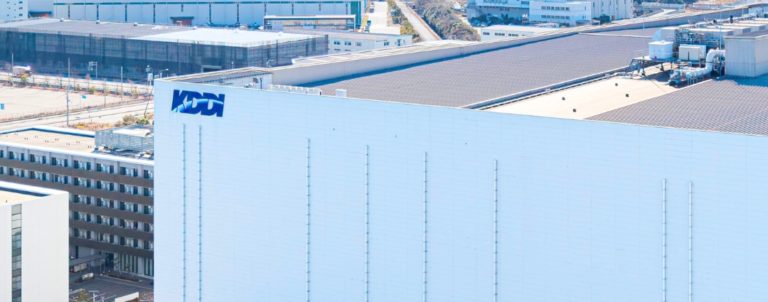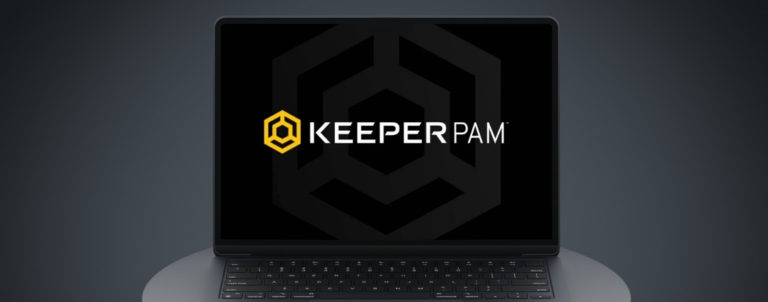Singapore – With roughly eight ransomware incidents in the past year, the latest report by cloud-native network detection and response firm ExtraHop revealed that organisations in Singapore are vulnerable to ransomware attacks. The said figure nearly aligns with the global average of 7.75 incidents.
More specifically, a notable 95.7% of Singaporean organisations hit by a ransomware attack submitted to the ransom demand.
On average, ransomware payments alone cost close to US$3.3m per organisation over the past year. The said figure also does not include the additional hidden costs associated with addressing these incidents.
Furthermore, the report also found that surveyed organisations reported an average of 42 hours of downtime following a security incident last year.
Managing cyber risk also remains challenging, with reasons indicated by respondents as follows: inadequate budgets (22%), immature risk management processes (18%), and outdated technology (16%).
This was further followed by insufficient personnel resources (15%), an inability to keep up with the rapidly evolving industry (13%), and a lack of alignment between the cybersecurity organisation and the business (13%).
Meanwhile, in terms of addressing these challenges, nearly half (49%) of the respondents have further identified using AI and machine learning to help manage and reduce cyber risk as a top priority for their organisation this year.
Approximately 47%, on the other hand, have emphasised the importance of implementing a zero-trust approach in their 2024 strategy.
Talking about the report, Raja Mukerji, co-founder and chief scientist at ExtraHop, shared, “With ransomware and downtime on the rise and ripple effects being felt throughout entire organisations, leaders are recognising an inherent need to prioritise cybersecurity and, better yet, business resilience.”
“With greater visibility into and awareness of the current threat landscape, they can better identify their weaknesses, shore up their defences, and develop an action plan that keeps disruption to employees, customers, and other stakeholders to a minimum,” added Raja.








